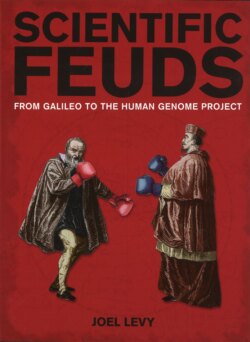Читать книгу Professional Hairstyling - Joel Levy - Страница 36
На сайте Литреса книга снята с продажи.
Dirty linen
ОглавлениеWhile Cope was ploughing his own furrow out West, Marsh was back East becoming an establishment figure. The US Geological Survey (USGS) was a key player in the opening up of the West, and it could help or hinder access to fossil fields. Cope was associated with the Survey early on, but Marsh became a close ally of John Wesley Powell, its director, and soon Cope was ousted and Marsh installed as the official vertebrate palaeontologist. Marsh was winning the bone war, and as Cope’s options and funds dwindled he became increasingly bitter. According to Wallace: ‘He became Professor Moriarty to Othniel’s academic Sherlock Holmes.’
Forced to sell most of his fossil collection in 1885, an increasingly desperate Cope was easily sucked into the orbit of one of the dark forces of the Gilded Age, newspaper magnate James Gordon Bennett, Jr. Wallace described Bennett as both ‘a man as monstrous in his way as the palaeontologists’ plesiosaurs and mosasaurs,’ and at the same time, ‘[perhaps] the most underestimated American figure of the late nineteenth century.’ In the pages of Bennett’s mouthpiece, the New York Herald, the largest and most influential newspaper of the age, Cope opted to wash his dirty linen in the most public fashion imaginable. ‘It is a business I do not like, but it is absolutely necessary,’ he insisted.
Cope detailed a slew of charges of professional and personal misconduct against Marsh, and ensured that many of the Yale man’s former associates were dragged into the feud (many were nursing grudges because of Marsh’s high-handed, penny-pinching ways, and his insistence on sole authorship of papers deriving from fossil discoveries). Cope accused Marsh of restricting access to the fossil fields, abusing his role in the USGS through his relationship with Powell and deliberately blocking publication of Cope’s findings. Marsh was guilty of plagiarism and taking credit for other men’s work, and was not the true author of most of the papers attributed to his name. Bennett splashed the details of this unedifying row across the front page of the Herald on the morning of 12 January 1890. The scientific community reeled.
